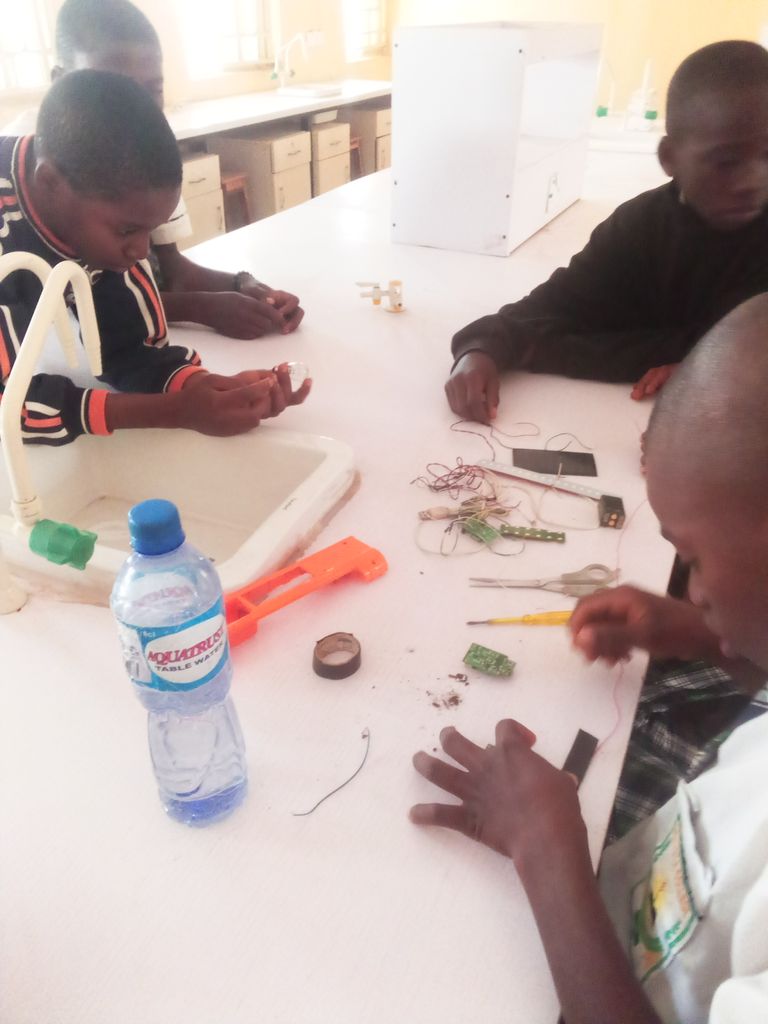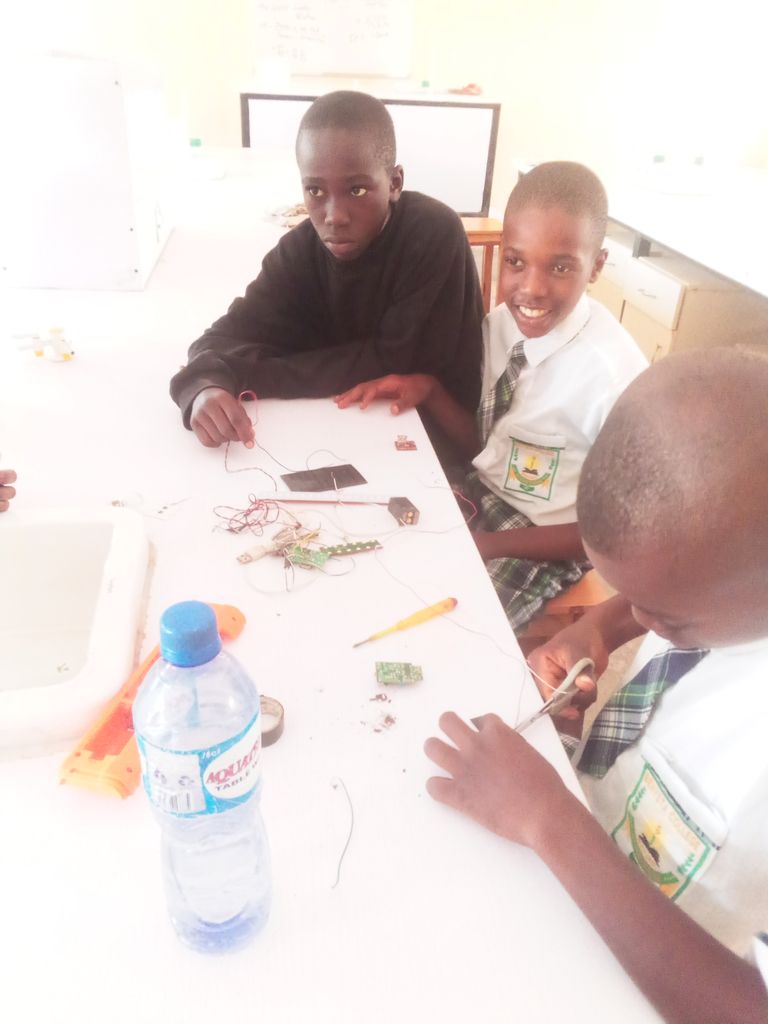What is science ?
Science is the intellectual and practical activity encompassing the systematic study of the structure and behaviour of the physical and natural world through observation and experiment.




Science is a core part of the school curriculum in nigeria, Science instruction is also one of the oldest pillars of academia; holding a special place among the disciplines as a vital area of learning.
For some very good reasons, science should continue to be supported in school and not marginalised by trendy topics that crowd the curriculum. Science and technology are driving forces in a world where things like artificial intelligence and mobile gadgets are taking over
Benefits of science in schools.
- Science Enhances Critical Thinking
Critical thinking strategies based on science
Scientific concepts typically begin with an idea followed by an experiment to substantiate that idea through technical methods and analysis. Scientific method dictates a logical way of approaching unfamiliar topics, ensuring students can learn how to relate theoretical and practical work.
Learning to find the relationship between theories and empirical evidence holds cognitive benefits, which confer to other subjects and areas of life. Like gas to a stove, science is the fuel that accelerates young minds into peak performance.
On the flipside, deficiencies in critical thinking in many parts of the community can be attributed to a lack of the accumulated practice that comes with time spent on science studies.
- Science Knowledge Cultivates a Passion for Learning
Kids learning science in school
The thrill of uncovering why the sun sets in the east, why the sky is blue, how fish breath in water and other remarkable everyday scenarios is naturally fascinating. Science feeds the natural curiosity that makes learners tick and encourages them to explore the mysteries observable everywhere.

A hands-on approach also appeals to many. The possibility of demonstrating scientific concepts first-hand builds an appetite for learning.
- Science Uplifts Many Disciplines
Kids doing maths on a school blackboard
For one to understand science, you need a solid understanding of other essential areas of study. For instance:
Knowledge of mathematical concepts is a fundamental prerequisite that comes in handy for qualitative and quantitative analysis.
Scientific method is based on technical skills, such as the careful observation of the world around us and the ability to conduct highly controlled experiments.
The presentation of results in science reporting teaches the values of objectivity and thoroughness.
Getting good at science positions a student to do well in life. They can quickly turn their hand to other fields of study or work using core science-related competencies.
- Science Holds the Key to the Future
Future vision
It’s hard to think of an aspect of life that doesn’t lean on science to some extent. It’s an integral part of various fields, from agriculture to high-tech and everything in between. The next generation deserve a strong science education to help prepare them for whatever may lie ahead.
For example, declining rates of smoking take-up appear due, in part, to science-based intervention programs in schools. Science is useful for demonstrating to students the environmental and medical effects of pollutants, including tobacco smoke, and the risks of substance addiction. Interactive learning has been the most statistically convincing teaching method in terms of producing observable long-term benefits.
In a world where new scientific advancements crop up seemingly by the hour, a background in science ensures students aren’t left behind by the ever-shifting tides of the technological wave. A strong science foundation teaches learners to be self-sufficient in an environment where constant change is the only constant.
- Career Opportunities Flow from Science Skills
Young scientists in a labYoung scientists in a lab
Ultimately, one of the primary reasons children to go to school is to get a job and a good one at that. Through the enhancement of logic and math-based skills, children with a science background have an enormous opportunities before them.
Opportunities from learning science encompass professions both within scientific fields and outside of science, extending to fields such as business, engineering, information technology and healthcare.
Science is continuously on an upward, expansionary trend. The economy may or may not take a hit in the future, but you can never say the same about science.
Our understanding of the world through science consistently takes steps forward and rarely back. With scientific solutions and innovations surfacing at an accelerating rate, science never loses its daily relevance.
I am raymondkay
Okay sir, I have challenge of blurt I'm new here . Help is needed